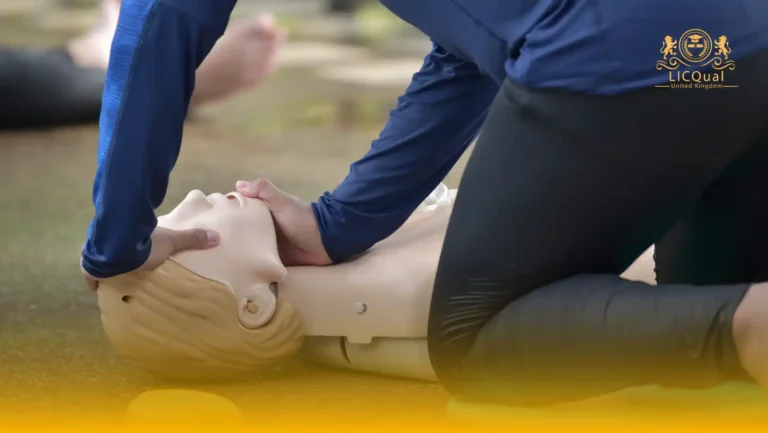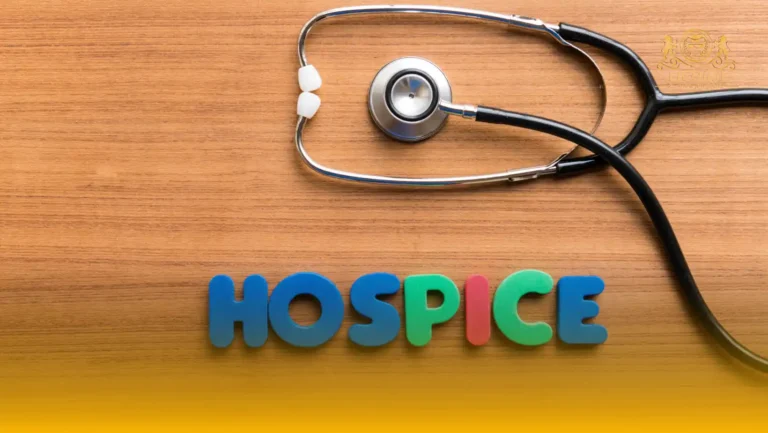The LICQual Level 3 Certificate in Cardiology (Cert C) is a specialised qualification designed for healthcare professionals seeking to enhance their knowledge and expertise in cardiology. This course is ideal for learners who wish to advance their career prospects, deepen their clinical understanding, and maintain a strong portfolio of Continuing Professional Development (CPD). It provides learners with a comprehensive insight into cardiovascular anatomy, physiology, common heart conditions, diagnostic techniques, and treatment strategies, equipping them with the knowledge and skills required to support high-quality patient care.
This qualification is specifically tailored for experienced healthcare professionals rather than beginners. It is particularly suitable for nurses, clinical practitioners, allied health professionals, and other healthcare staff who aim to broaden their cardiology expertise and improve patient outcomes. Learners will gain practical and evidence-based skills to assess, monitor, and manage patients with cardiovascular conditions, while developing the confidence to implement effective care plans in clinical settings.
Centres delivering the LICQual Level 3 Certificate in Cardiology must uphold the highest standards of training. This includes employing competent and qualified staff, providing all essential learning materials and resources, and ensuring access to appropriate clinical facilities for practical training. By combining expert guidance with structured, hands-on learning opportunities, centres create a supportive and effective environment that fosters learner success and professional growth.
Whether your goal is to specialise in cardiology, strengthen your clinical skills, or enhance your CPD profile, the LICQual Level 3 Certificate in Cardiology offers a structured and practical pathway to achieving your professional and career objectives in healthcare.
Course Overview
Qualification Title
LICQual Level 3 Certificate in Cardiology (Cert C)
Total Units
6
Total Credits
24
GLH
120
Qualification #
LICQ2200828
Qualification Specification
To enroll in the LICQual Level 3 Certificate in Cardiology (Cert C), applicants must meet the following criteria:
|
Qualification# |
Unit Title |
Credits |
GLH |
|---|---|---|---|
|
LICQ2200828-1 |
Introduction to Cardiology |
4 |
20 |
|
LICQ2200828-2 |
Common Cardiovascular Conditions |
4 |
20 |
|
LICQ2200828-3 |
Diagnostic Procedures in Cardiology |
4 |
20 |
|
LICQ2200828-4 |
Management and Treatment Strategies |
4 |
20 |
|
LICQ2200828-5 |
Monitoring and Complications |
4 |
20 |
|
LICQ2200828-6 |
Professional Practice and CPD in Cardiology |
4 |
20 |
By the end of this course, learners will be able to:
Unit 1: Introduction to Cardiology
- Understand the structure and function of the cardiovascular system.
- Describe basic heart anatomy and physiology.
- Recognise the role of cardiology within clinical healthcare practice.
- Explain the importance of cardiovascular health for overall patient well-being.
Unit 2: Common Cardiovascular Conditions
- Identify and classify common cardiovascular conditions such as coronary artery disease, heart failure, arrhythmias, and hypertension.
- Describe causes, symptoms, and clinical presentation of these conditions.
- Understand risk factors and preventive measures associated with cardiovascular diseases.
- Appreciate the impact of heart conditions on patient quality of life.
Unit 3: Diagnostic Procedures in Cardiology
- Demonstrate knowledge of key diagnostic tools and techniques in cardiology.
- Interpret ECG results and basic echocardiography findings.
- Conduct basic patient assessments and document clinical observations accurately.
- Recognise when referral to specialist care is necessary.
Unit 4: Management and Treatment Strategies
- Explain pharmacological and non-pharmacological treatment options for cardiovascular conditions.
- Develop patient-specific management plans incorporating lifestyle and clinical interventions.
- Monitor and evaluate patient responses to treatment.
- Advise patients on self-care, medication adherence, and lifestyle modifications.
Unit 5: Monitoring and Complications
- Apply effective patient monitoring techniques in cardiology care.
- Identify early signs of complications and emergency situations.
- Implement preventative strategies to minimise risks associated with cardiac conditions.
- Evaluate treatment effectiveness and adapt care plans as required.
Unit 6: Professional Practice and CPD in Cardiology
- Apply ethical principles and professional standards in cardiology practice.
- Demonstrate reflective practice to improve clinical skills and patient outcomes.
- Develop a personal plan for Continuing Professional Development (CPD).
- Commit to ongoing professional growth and high-quality patient care.
This course is designed for healthcare professionals seeking to enhance their skills and knowledge in cardiology. Ideal learners include:
- Registered nurses, clinical practitioners, and allied health professionals aiming to specialise in cardiology.
- Healthcare professionals looking to advance their career prospects and professional development.
- Practitioners seeking to improve clinical skills in diagnosing, monitoring, and managing cardiovascular conditions.
- Professionals committed to maintaining Continuing Professional Development (CPD) and staying up-to-date with best practices in cardiology care.
- Clinical staff working in hospitals, primary care, community health settings, or specialised cardiology clinics.
- Individuals seeking practical, evidence-based strategies to improve patient outcomes in cardiovascular care.
This course is not suitable for beginners in healthcare and is intended for learners with prior professional experience.
Centres offering the LICQual Level 3 Certificate in Cardiology must meet specific standards to ensure high-quality training and successful learner outcomes. These include:
- Qualified and Competent Staff: All trainers and assessors must hold relevant healthcare or cardiology qualifications and possess practical clinical experience.
- Access to Learning Resources: Centres must provide comprehensive learning materials, including textbooks, clinical guidelines, case studies, and digital resources to support both theoretical and practical learning.
- Clinical Facilities and Equipment: Adequate clinical settings and essential cardiology equipment must be available to facilitate practical training and skills development.
- Assessment and Evaluation Tools: Centres must implement robust assessment procedures, including practical evaluations, assignments, and reflective practice exercises to measure learner progress effectively.
- Compliance with Regulatory Standards: Centres must adhere to healthcare, safety, and professional standards, ensuring a safe, ethical, and professional learning environment.
- Learner Support: Centres should provide mentoring, guidance, and feedback to help learners achieve their full potential and successfully complete the course.
- Commitment to CPD: Centres must promote ongoing professional development and support learners in applying new knowledge and skills to clinical practice.
Meeting these requirements ensures that learners receive high-quality, professional training in cardiology, enabling them to enhance their careers and deliver improved patient care.
Assessment and Verification
All units within this qualification are subject to internal assessment by the approved centre and external verification by LICQual. The qualification follows a criterion-referenced assessment approach, ensuring that learners meet all specified learning outcomes.
To achieve a ‘Pass’ in any unit, learners must provide valid, sufficient, and authentic evidence demonstrating their attainment of all learning outcomes and compliance with the prescribed assessment criteria. The Assessor is responsible for evaluating the evidence and determining whether the learner has successfully met the required standards.
Assessors must maintain a clear and comprehensive audit trail, documenting the basis for their assessment decisions to ensure transparency, consistency, and compliance with quality assurance requirements.







